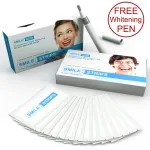Understanding Teeth Whitening
Teeth whitening has become a popular cosmetic procedure, offering a way to enhance your smile and boost your confidence. It’s a process designed to lighten the shade of your teeth, removing stains and discoloration that can accumulate over time. The effectiveness of teeth whitening varies depending on the treatment method and the type of stains present. In the UK, a wide range of options are available, from professional treatments performed by dentists to over-the-counter products for use at home. Understanding the different methods and the factors influencing the results is crucial to achieving the sparkling smile you desire.
How Teeth Whitening Works
Teeth whitening works through chemical processes that break down the stains on your teeth. The active ingredients in most whitening products are hydrogen peroxide or carbamide peroxide. These compounds penetrate the enamel and dentin, the layers of your teeth, to oxidize the stain molecules. This oxidation process breaks the stain molecules into smaller, less noticeable components, making your teeth appear lighter. The concentration of the active ingredient and the duration of the treatment influence the extent of the whitening. Professional treatments often use higher concentrations for quicker results, while at-home kits contain lower concentrations for safer, gradual whitening.
Types of Teeth Whitening Treatments
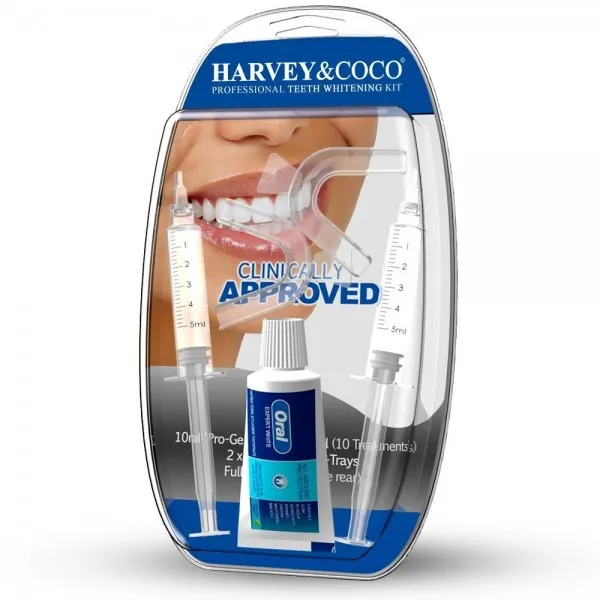
There are several types of teeth whitening treatments available in the UK, catering to different needs and preferences. These range from in-office professional treatments to at-home kits. Each type offers varying levels of effectiveness and convenience. The choice of treatment depends on factors like the severity of staining, desired results, and budget. Some common options include professional bleaching, whitening toothpastes, whitening strips, and custom-fitted trays. Each method has its own set of instructions and expected outcomes, it is essential to choose the method that aligns with your specific goals.
Professional Teeth Whitening
Professional teeth whitening, performed by a dentist, is often the most effective and quickest way to achieve a significantly brighter smile. This involves a high concentration of bleaching agent, typically applied directly to the teeth. The dentist may also use a special light or laser to activate the whitening process, enhancing its effect. The procedure is usually completed in a single appointment, and results are often dramatic. Dentists can also monitor the treatment process, minimizing any risks and addressing sensitivity issues. Professional whitening is ideal for those seeking immediate and noticeable results.
At-Home Teeth Whitening Kits
At-home teeth whitening kits offer a convenient and cost-effective alternative to professional treatments. These kits typically include whitening strips, trays with whitening gel, or whitening toothpastes. The active ingredient in these kits is usually a lower concentration of hydrogen peroxide or carbamide peroxide than used in professional treatments. At-home kits require consistent use over a period of time, and the results may be more gradual. It’s essential to follow the instructions carefully to avoid damaging the teeth or gums. Consult a dentist before using any at-home kits to ensure they are suitable for your dental health.
Choosing the Right Teeth Whitening Method
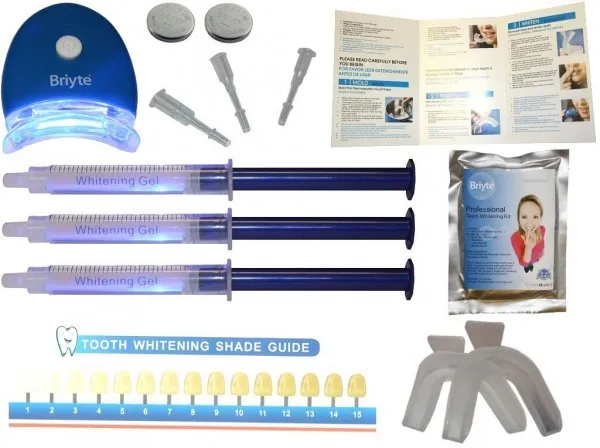
Choosing the right teeth whitening method depends on several factors, including the type and severity of staining, your budget, and your desired outcome. For those with significant staining or who want fast results, professional whitening is usually the best option. At-home kits are suitable for mild to moderate staining, and are generally more affordable. Consider your lifestyle and time commitment. Professional whitening requires a single dental visit, while at-home kits require you to apply the product consistently over several days or weeks. Consult with a dentist to determine the best method for your specific needs and ensure the chosen treatment is safe and effective.
Factors to Consider
Several factors influence the effectiveness of teeth whitening. The type of stain is a critical factor, as some stains are more responsive to whitening than others. Stains caused by coffee, tea, and tobacco are generally easier to treat than stains from certain medications or dental issues. The natural shade of your teeth also plays a role; teeth that are naturally more yellow respond better to whitening than those that are gray or blue. The concentration of the whitening agent and the duration of treatment are important. The overall health of your teeth and gums is another factor to consider. It is essential to have a dental check-up before starting any whitening treatment.
Teeth Sensitivity and Whitening
Teeth sensitivity is a common side effect of teeth whitening. The bleaching agents can penetrate the enamel and reach the nerves in your teeth, causing temporary sensitivity. This sensitivity usually subsides within a few days after the treatment is completed. To manage sensitivity, dentists may recommend desensitizing toothpastes containing potassium nitrate. Avoiding extremely hot or cold foods and drinks during and immediately after the whitening treatment can also help. If sensitivity persists, consult your dentist. They can offer solutions like fluoride treatments or adjust the whitening process.
Maintaining Your White Smile
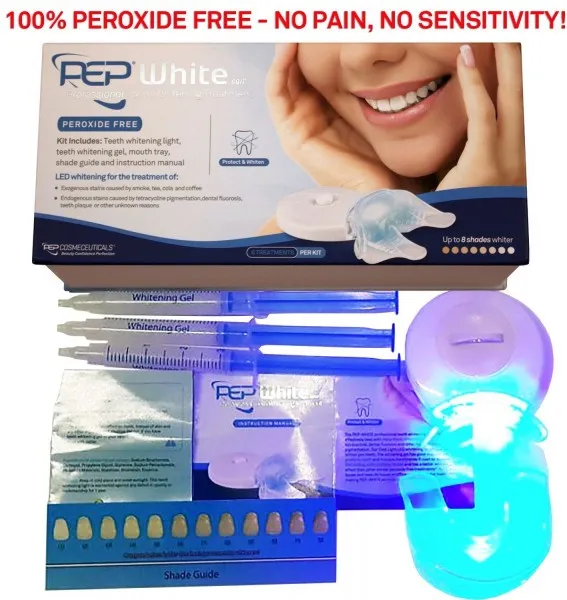
Maintaining your sparkling white smile requires ongoing care and attention. Regular oral hygiene practices are essential to prevent new stains from forming. Brushing your teeth twice a day with a whitening toothpaste can help. Flossing daily removes plaque and debris that can cause discoloration. Regular dental check-ups and cleanings help to remove surface stains and maintain overall oral health. Periodic touch-up treatments may be necessary to maintain your desired shade. Lifestyle choices such as avoiding smoking and limiting consumption of staining foods and drinks will also help keep your teeth white for longer.
Oral Hygiene Practices
Good oral hygiene is fundamental for preserving the results of teeth whitening. Brushing your teeth at least twice a day for two minutes each time is essential. Use a soft-bristled toothbrush to avoid damaging your enamel. Floss daily to remove plaque and food particles from between your teeth and along the gumline. Using mouthwash can further reduce bacteria and freshen your breath. Regular dental check-ups and professional cleanings are important for removing any remaining stains and maintaining the overall health of your teeth and gums. Proper oral hygiene practices complement your whitening treatment, ensuring a lasting bright smile.
Foods and Drinks to Avoid
Certain foods and drinks can stain your teeth and counteract the effects of teeth whitening. To maintain your white smile, it’s best to limit or avoid these items. Coffee, tea, and red wine are notorious for causing stains. Dark-colored sodas, fruit juices, and sports drinks can also contribute to discoloration. Be cautious with highly pigmented foods such as berries, curries, and soy sauce. If you consume these items, rinse your mouth with water immediately afterward to minimize staining. Using a straw can also help to prevent direct contact between staining liquids and your teeth.
UK Regulations and Safety
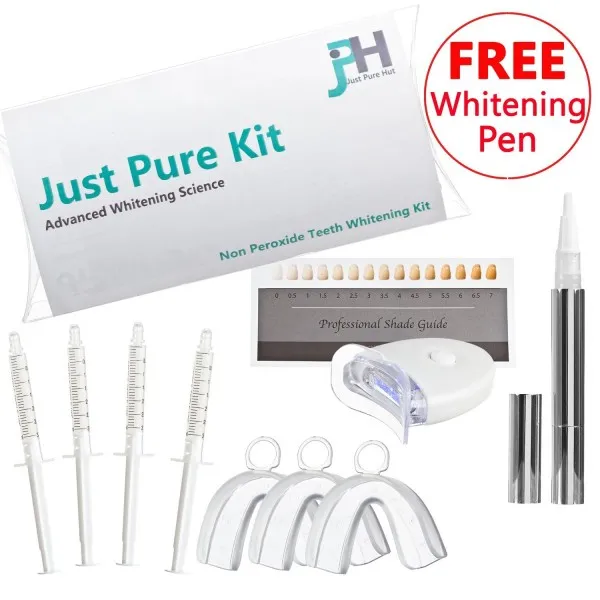
In the UK, teeth whitening is regulated to ensure consumer safety. Only registered dental professionals are legally allowed to carry out teeth whitening treatments that use products containing more than 0.1% hydrogen peroxide. Over-the-counter products must adhere to strict safety guidelines and contain lower concentrations of whitening agents. It’s essential to choose treatments from reputable sources to avoid potential risks such as gum irritation or tooth damage. Always consult with a dentist before starting any whitening treatment to make sure it is safe for your dental health. Ensure that any professional treatments are performed by qualified and registered professionals.
The Cost of Teeth Whitening in the UK
The cost of teeth whitening in the UK varies significantly depending on the treatment method. Professional whitening, performed by a dentist, is generally more expensive than at-home options. The price can range from a few hundred to over a thousand pounds, depending on the specific treatment, the number of sessions required, and the dentist’s fees. At-home kits are more affordable, costing from a few tens to a few hundred pounds. The cost also depends on the type of kit, such as whitening strips, trays, or toothpastes. Always consider the cost of maintenance, such as touch-up treatments or the need for additional whitening products.
Comparing Costs
When comparing the costs of teeth whitening treatments in the UK, it’s crucial to consider the long-term value and the results. While at-home kits are cheaper upfront, they may require more time and effort to achieve the desired results. Professional whitening, despite being more expensive, offers quicker and more predictable outcomes. Factor in the cost of any additional products needed, such as desensitizing toothpaste or maintenance treatments. Remember that the best option is not always the cheapest. Weigh the cost against the effectiveness, convenience, and the expertise of the provider. Consider also that investing in a brighter smile may boost your confidence and overall well-being.
Risks and Side Effects
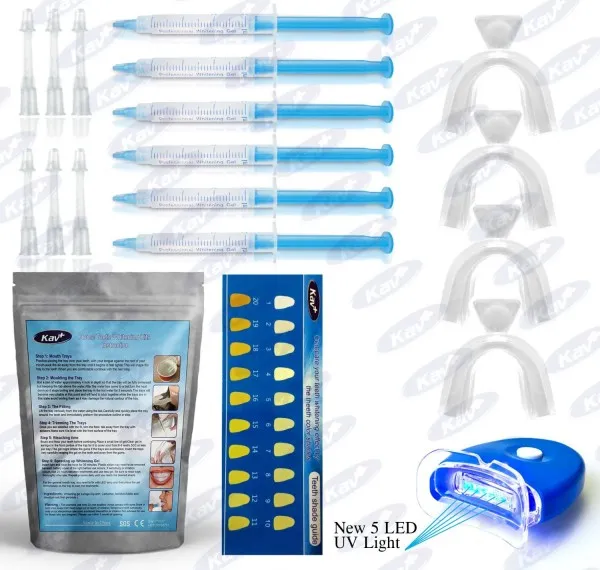
While teeth whitening is generally safe, there are potential risks and side effects. The most common side effect is tooth sensitivity, which is usually temporary. Gum irritation or inflammation can also occur if the whitening agent comes into contact with the gums. In rare cases, overuse of whitening products can lead to enamel damage or changes to the tooth structure. It is important to consult with a dentist before any whitening treatment to assess your oral health and discuss potential risks. Following the instructions provided by the dental professional or the product manufacturer will help minimize risks.
Frequently Asked Questions about Teeth Whitening
There are many common questions about teeth whitening. Here are answers to some frequently asked questions. What is the best teeth whitening method? The best method depends on your individual needs and the severity of the staining. Is teeth whitening permanent? No, the results are not permanent, and touch-up treatments may be needed. How long does teeth whitening last? The longevity of the results depends on factors such as diet and oral hygiene. Can anyone get their teeth whitened? Generally, yes, but it is best to consult a dentist. Are there any risks associated with teeth whitening? Yes, there are potential risks, such as tooth sensitivity and gum irritation.
Does teeth whitening damage enamel?
When teeth whitening is performed correctly, it does not usually damage the enamel. Professional treatments use controlled concentrations of whitening agents, which are applied under the supervision of a dental professional. At-home kits also use regulated concentrations, but it is crucial to follow instructions carefully to prevent any damage. Overuse or misuse of whitening products, such as applying them for longer than recommended, can potentially lead to enamel erosion. It is important to consult your dentist before starting any whitening treatment to ensure it is safe for your teeth.
How long does teeth whitening last?
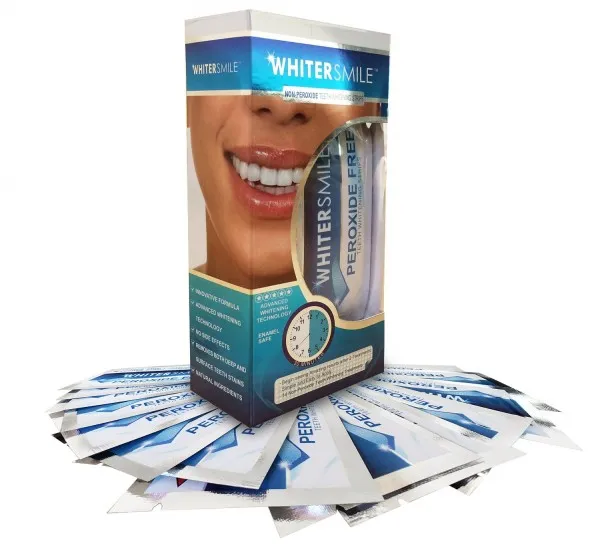
The duration of teeth whitening results varies depending on several factors, including the treatment method, your lifestyle, and your oral hygiene habits. Professional whitening typically lasts longer than at-home treatments, often for one to three years. The longevity of the results can be extended by avoiding staining foods and drinks, maintaining good oral hygiene practices, and avoiding smoking. Regular dental check-ups and cleanings can also help to preserve your white smile. Periodic touch-up treatments can be used to refresh the whitening effects and maintain your desired shade.
